5 signs your relationship with credit card needs work
Watch out for these 5 common mistakes of credit card users to maintain a good credit score. Let’s see how you score on the scale of 'guilty as charged' to 5.
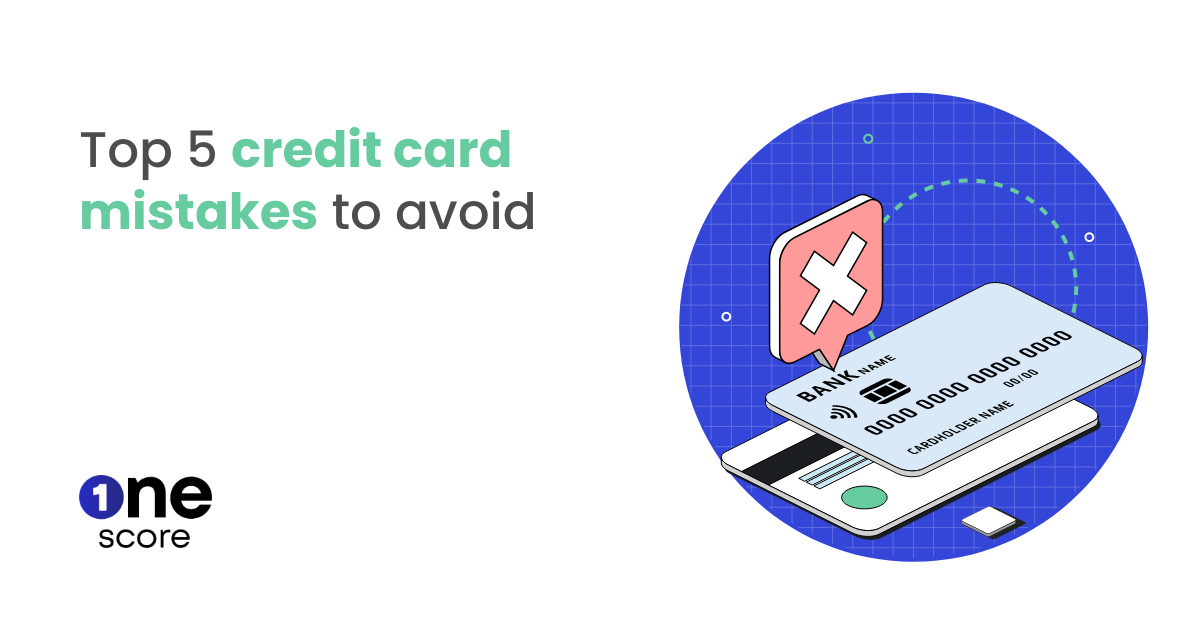
Listen to the article here:
We all have waited for our own credit card, and most of us got it after our first job. And as you went about establishing the image of an adult with stable income, you probably got a few more and voila! You are living life to its fullest, swiping all the way. Now you probably get a call every week offering a credit card or pre-approved loan, but you proudly refuse, ‘no thanks!’
And then one fine day you do want that loan to buy a house or a car, and you naturally assume it to be easy. But the bank guy tells you ‘dude, you have got a bad credit history.’ And you don’t know where you went wrong.
Long story short:
A good credit score (above 750) increases your chances of getting a loan or credit card,
and can also help in getting a lower interest rate. Bank or credit card issuer may reject
your application if you don’t have a good credit score. It’s important to keep these rules in mind while using a credit card.
While multiple factors define your credit score, sometimes it’s the small bad habits that
affect your score over a long time. Below mentioned are the top 5 we spotted.
1: You often swipe your card impulsively
If you are swiping your credit card while overlooking your budget, you are basically racking up debt. Remember that putting an unplanned expense on a credit card is only going to bring down next month’s budget. So only account for things you’d be okay to pay off later.
● Avoid impulsive purchases
● Don’t max out your card
● Follow a budget
2: You don’t check your credit card statements
Your credit card statement is the summary of credit transactions. It’s important to review your credit statement every month to steer clear of fraudulent activities. Additionally, it lets you analyze your spending patterns so you can be mindful of your spending habits, eliminating unnecessary expenses.
Tip: As we are nearing inflation, it’s especially important to be mindful of your over-the-
top expenditure. Therefore, prioritize essentials like rent, utilities & investments before
luxuries & set yourself a credit limit.
3: You don’t know your credit score
Most people don’t check their credit score until they see a hard enquiry coming their way. Some have a misunderstanding that soft enquiries also affect their score.
Let’s first learn the difference:
A hard inquiry is when a lender looks into your credit history before approving you a loan or credit. Soft inquiry is when a person or a company runs a soft credit pull for reasons such as background check, pre-approved offers, etc. Hard inquiries may lower your credit score and are recorded on your credit report, soft inquiries don’t have any impact on your score.
So it’s important to keep checking your credit score once in a while. A bad credit score
is a clear indication that you are not using your credit card the right way. Track your credit score for free on OneScore.
4: Your card is your only emergency fund
Although your credit card lets you borrow money during an emergency, it does so for a short while. And if you fail to repay it on time, you accumulate debt with high interest rates. So ensure that your credit is not the only emergency fund you have.
It’s a good practice to have savings for bigger emergencies like job loss, health issues.
Experts advise to set aside at least 3-6 months of income as an emergency fund.
5: You often end up paying “minimum amount due”
The minimum amount due option lets you pay about 5% of the total amount due. While it may seem like a convenient option, know that you are charged interest on the outstanding amount. This way you end up paying a lot more than what it was worth, and your credit score may also take a hit.
Always pay your credit card dues in full before the due date. You can also set up auto- pay or payment reminders for ease.
Have you been guilty of any of the above mistakes? It’s never too late to work on it. To begin with, check whether any of these mistakes are impacting your credit score.
**Disclaimer: The information provided on this webpage does not, and is not intended to, constitute any kind of advice; instead, all the information available here is for general informational purposes only. FPL Consumer Services Private Limited and the author shall not be responsible for any direct/indirect/damages/loss incurred by the reader in making any decision based on the contents and information. Please consult your advisor before making any decision.
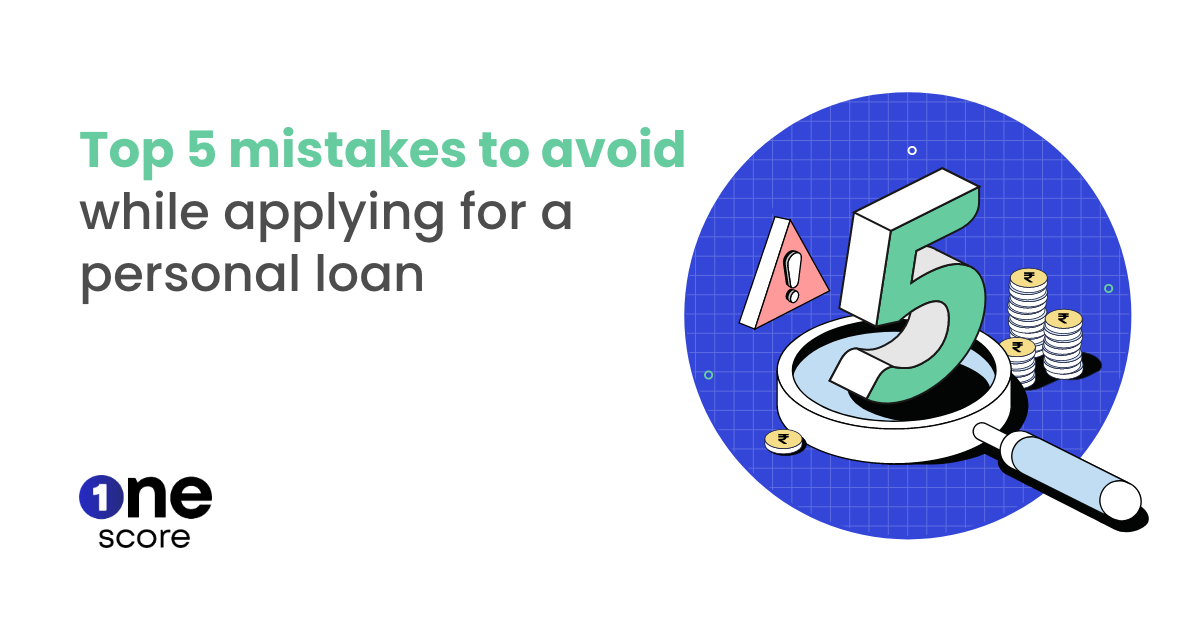
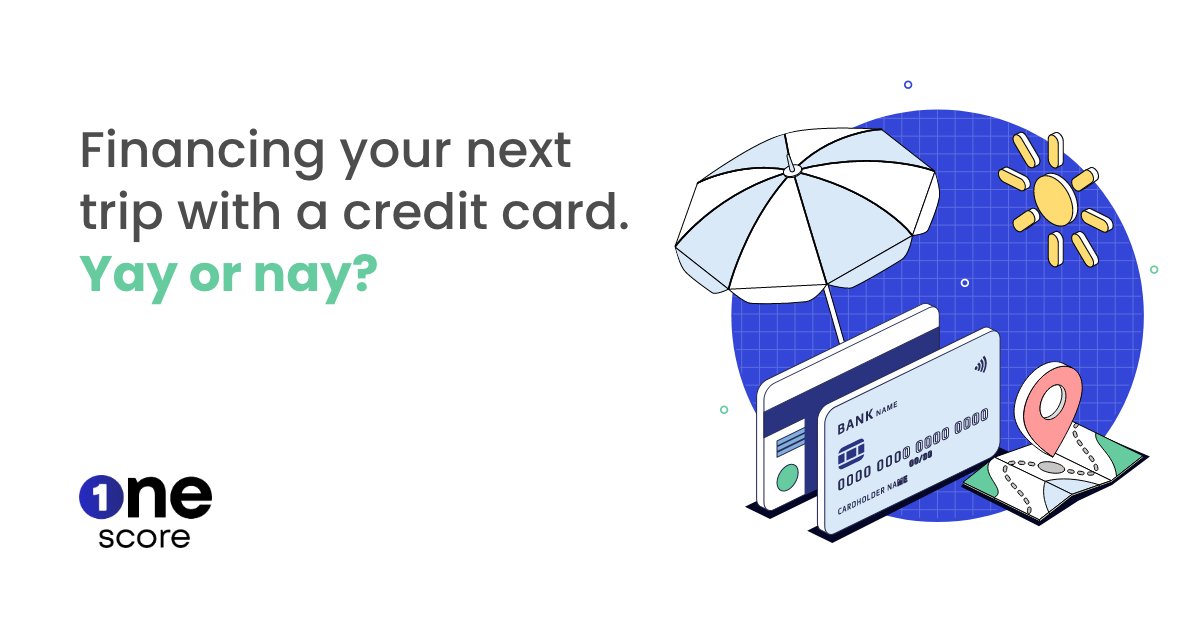
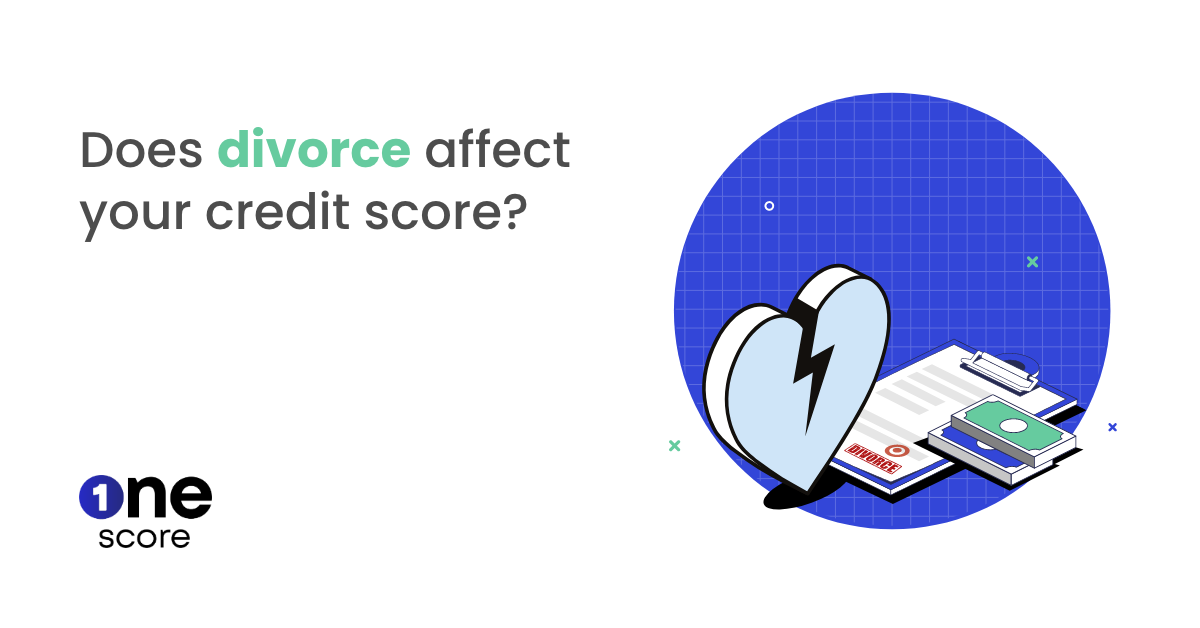
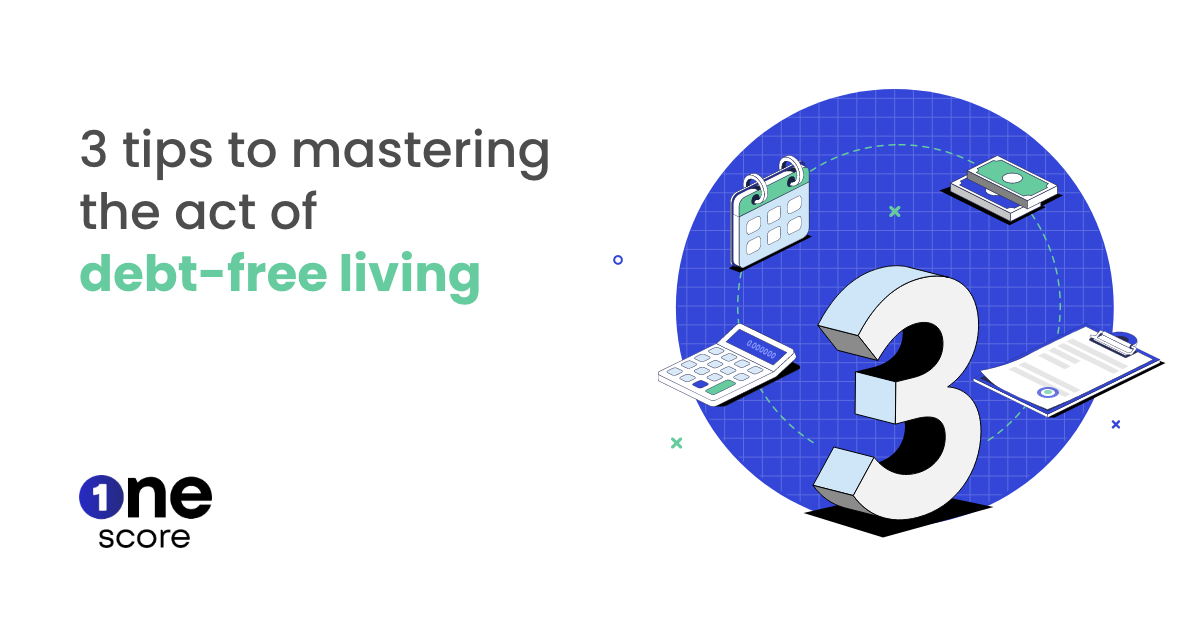
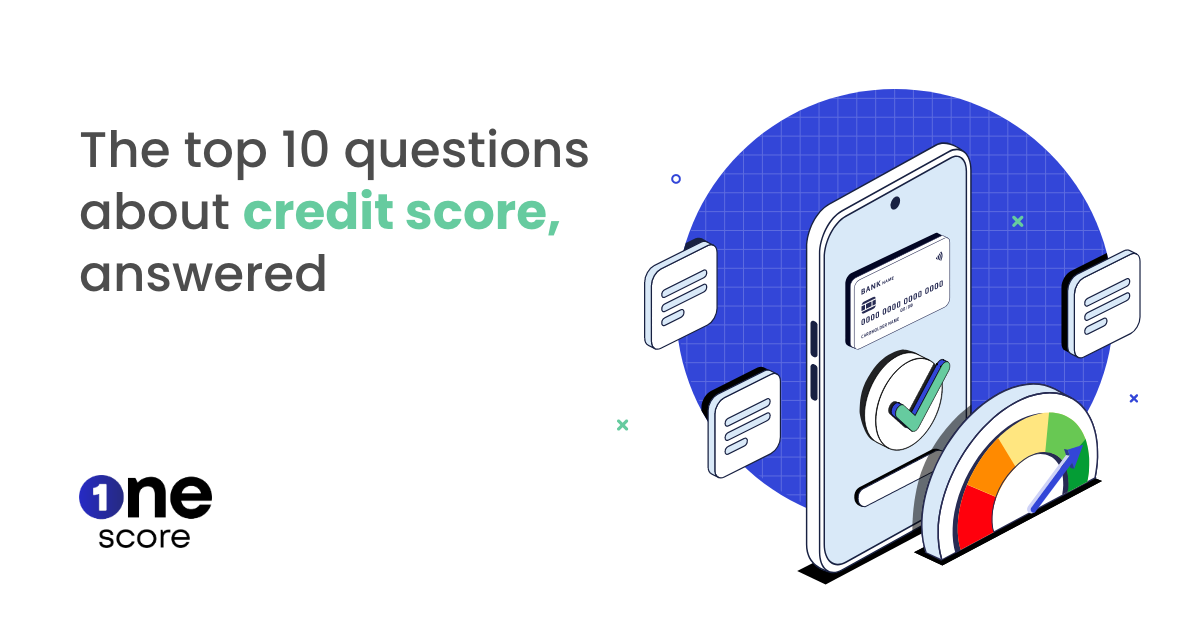
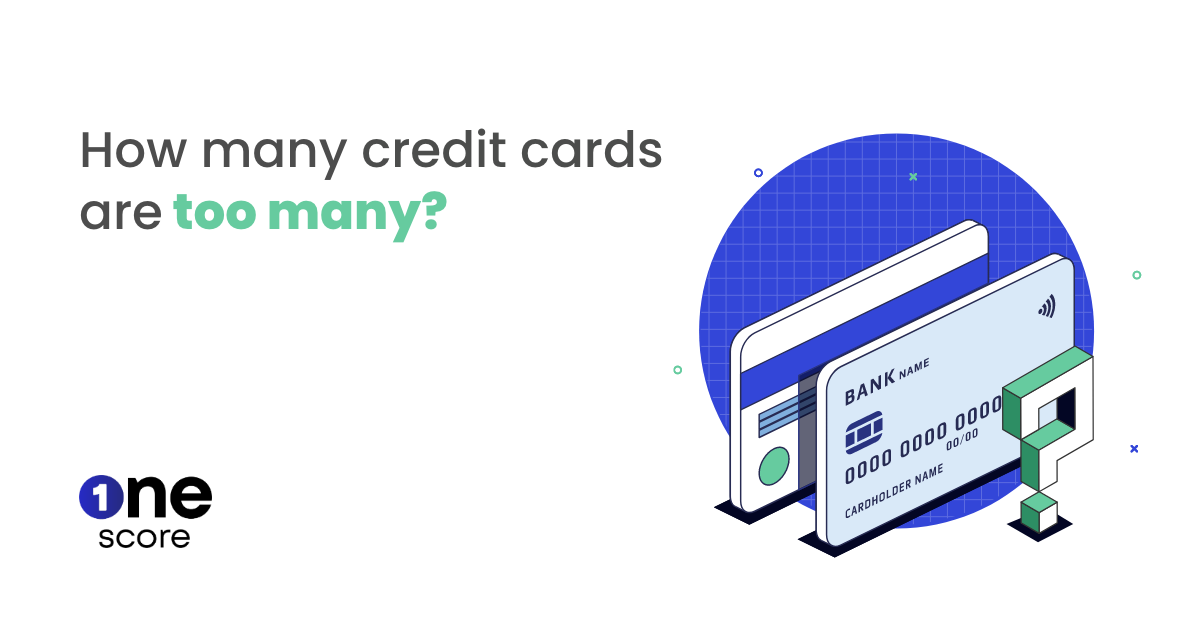
- OneScore , November 01, 2022

